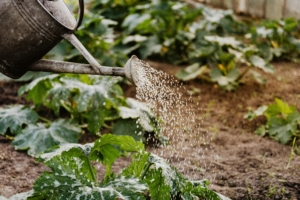 Economic hardships due to inflation and the impacts of COVID-19 increased the need for initiatives to improve access to healthy food for children’s homes in Suriname. Ambassadors of Forest93 Suriname have established Tiny Food Gardens and First Food Forests to address this pressing issue.
Economic hardships due to inflation and the impacts of COVID-19 increased the need for initiatives to improve access to healthy food for children’s homes in Suriname. Ambassadors of Forest93 Suriname have established Tiny Food Gardens and First Food Forests to address this pressing issue.
Forest 93
Suriname is the smallest country in South America and simultaneously the world’s most forested country, according to CEOWORLD. Its forests, stewarded by the Indigenous and Maroon population, cover more than 93% of the country. Green Growth Suriname (GGS) established Forest93 as a national campaign to strengthen the public’s connection to nature and raise awareness of the need for nature legislation and novel approaches to data collection.
The name of this campaign serves as a reminder of the Surinamese government’s pledge made at COP-23 to maintain 93% forest cover. In 2021, successful fundraising by GGS enabled the launch of the Tiny Food Gardens initiative. In 2023, the Fernandes Bottling Company donated funds through a Christmas Caravan fundraising to GGS to expand the Tiny Food Gardens program.
Tiny Food Gardens
The Tiny Food Gardens program (TFG) launched during the COVID-19 pandemic in 2021, a time of increased hardship. Following the economic struggles caused by inflation and a plunge in gross domestic product per capita in 2016, Suriname faced further challenges due to the pandemic. According to the International Labor Organization’s Suriname Mid-term Market Labor Policy 2022-2025, unemployment rose and more businesses failed in 2021 compared to 2019. These circumstances heightened the need for initiatives to improve access to healthy food, particularly for the vulnerable inhabitants of children’s homes in Suriname.
The TFG initiative provides gardening training, educational booklets to monitor plant growth and informative sessions on sustainable solutions to single-use plastic, such as using plastic bottles for planting, in children’s homes. With this knowledge, the homes can grow their spices and vegetables. TFG ensured the homes could run their gardens as independently as possible by training youths in woodwork to craft gardening tables using a “train-the-trainer” approach. To ensure proper project implementation, part of the group monitored the gardening activities in children’s homes in Suriname for the first six months.
Impact
Children’s homes had tiny gardens in the form of gardening tables created as part of a social program for incarcerated people. Forest93 reports that at least two gardening tables were delivered to six children’s homes in Paramaribo, Wanica and Commewijne districts. More than 150 children participated in the TFG program. They helped cultivate 53 small gardens. Eleven young people completed the train-the-trainer course, four of whom gained valuable experience monitoring the project.
In addition to learning gardening as an essential life skill, studies have shown that gardening benefits mental and physical health. Additionally, Forest93 allocated a budget to install water tanks for rainwater storage for irrigation after it became apparent that homes participating in the project experienced increased water bills.
Conclusion
The TFG program has helped children’s homes cut costs while providing healthy meals. This initiative, initiated by ambassadors of Forest93 Suriname, plays a significant role in encouraging youth and the wider community to reimagine the possibilities of creating food security. TFG teaches young people to maintain a garden and enables them to experience the (mental) health benefits of connecting with nature.
– Tanisha Groeneveld
Tanisha is based in Leeds, UK and focuses on Good News and Global Health for The Borgen Project.
Photo: Pexels
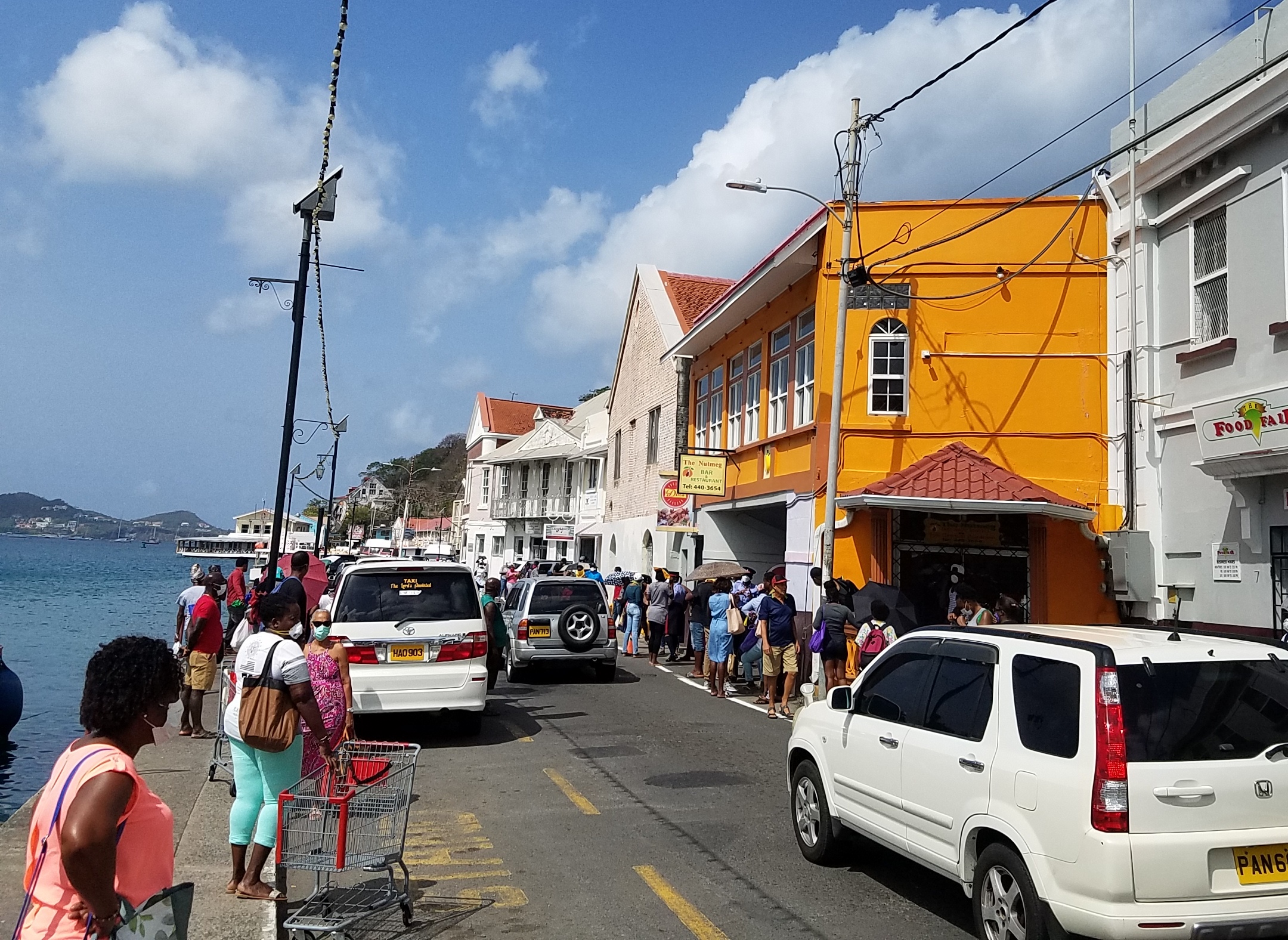
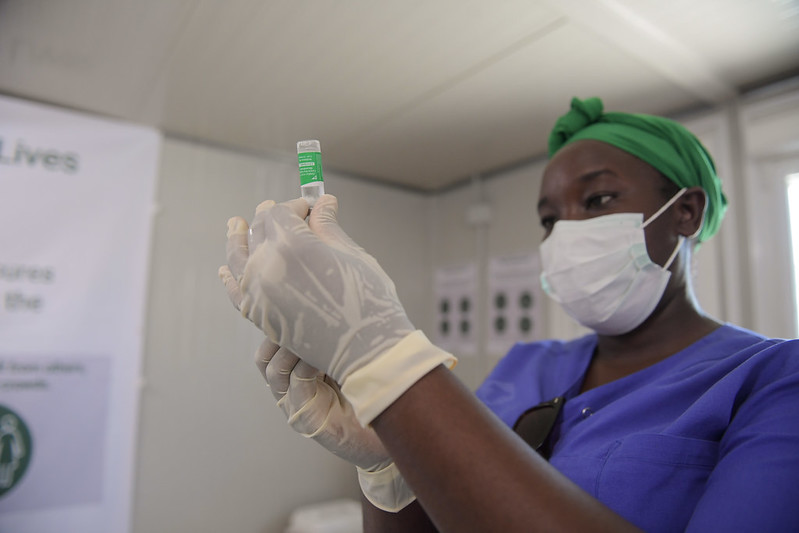
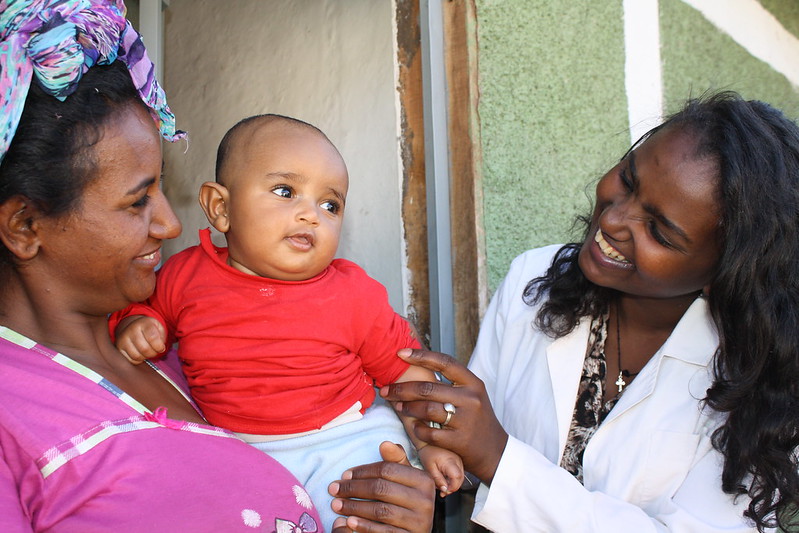 According to a National Library of Medicine study, health care systems
According to a National Library of Medicine study, health care systems 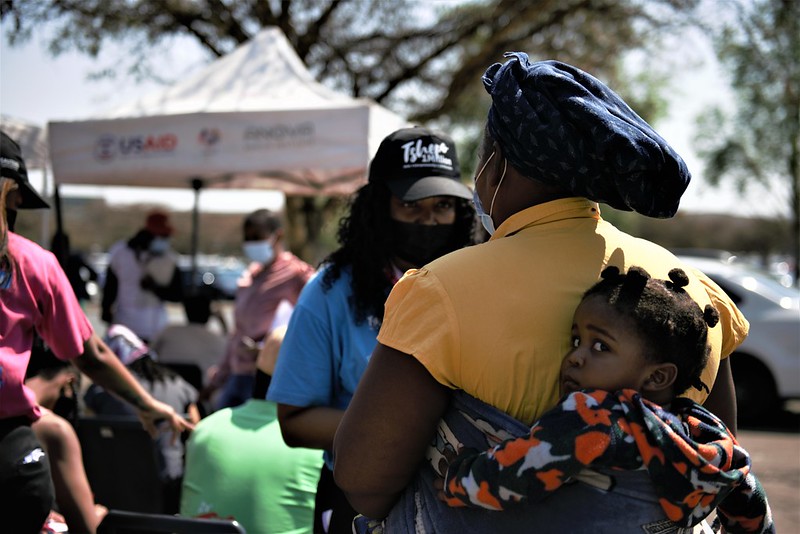
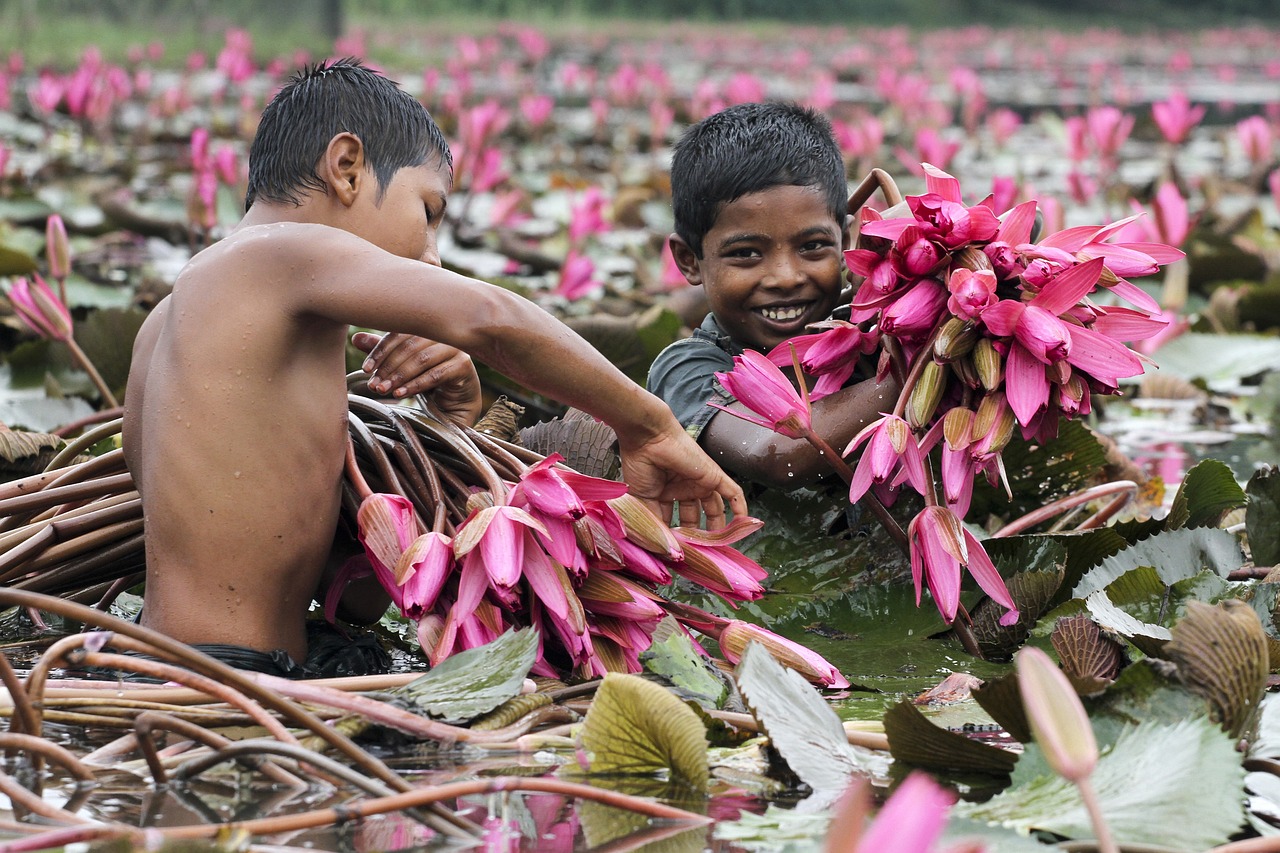 In recent years, remittances have become one of the primary economic contributors in recipient countries. Remittances are money transfers that international migrants send to their families in their home countries. In 2022, these money transfers to low- and middle-income countries
In recent years, remittances have become one of the primary economic contributors in recipient countries. Remittances are money transfers that international migrants send to their families in their home countries. In 2022, these money transfers to low- and middle-income countries 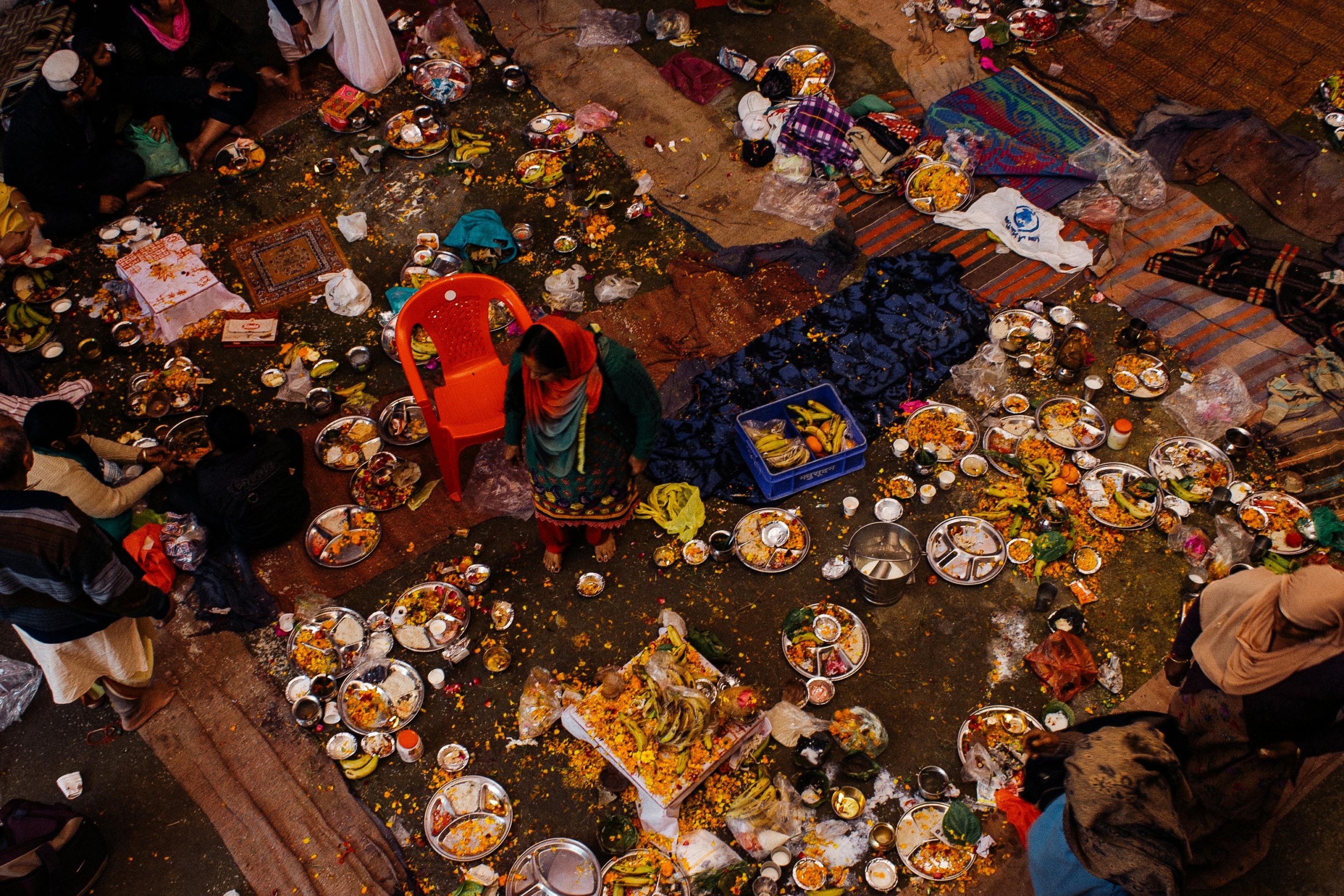
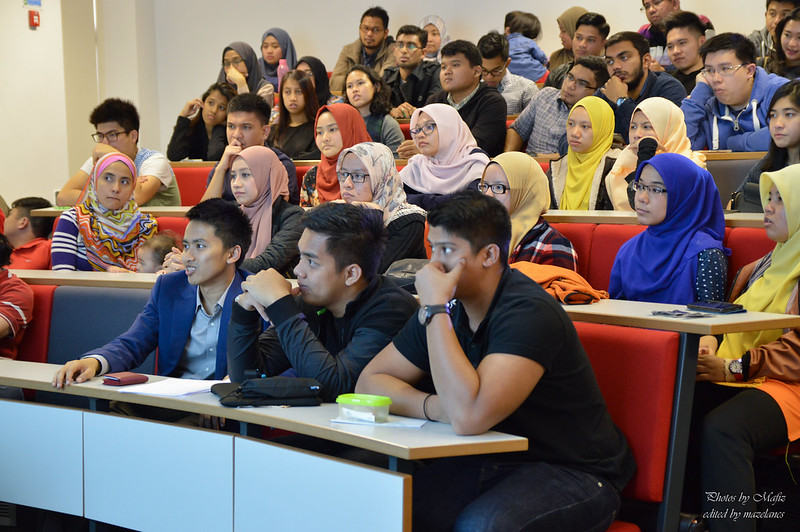
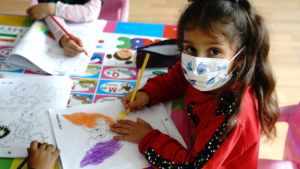 According to a
According to a 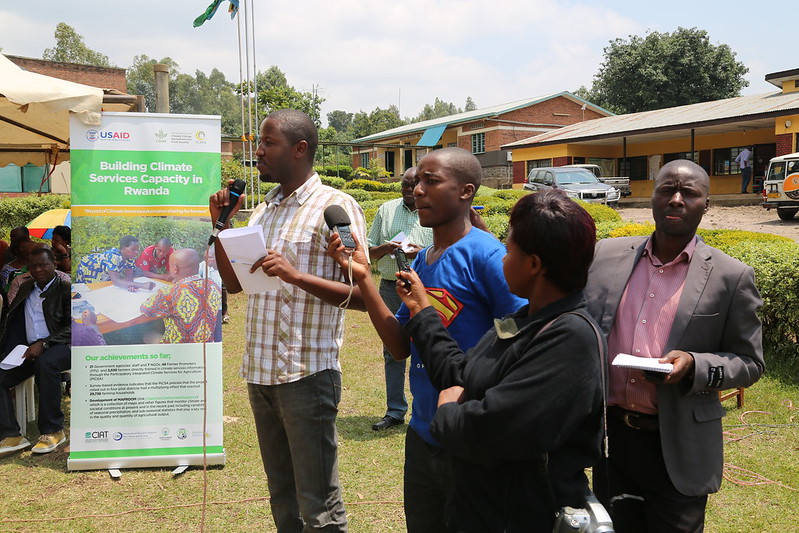 USAID has worked in Rwanda since 1964, when Rwanda gained independence.
USAID has worked in Rwanda since 1964, when Rwanda gained independence. 